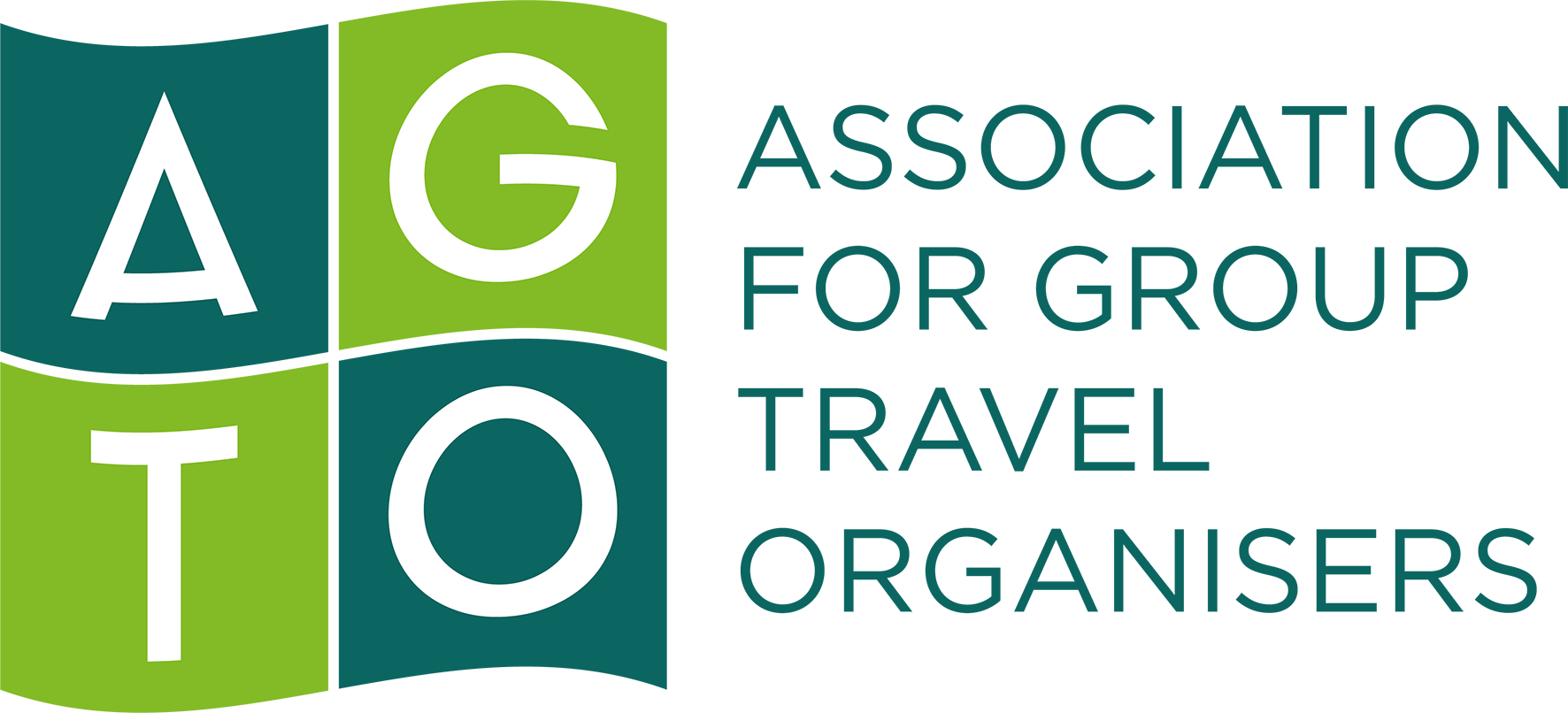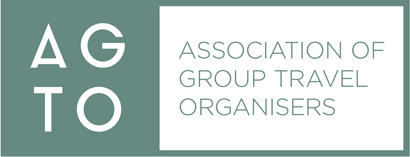Photo: Manuel Harlan By GTO Carlie Newman DOUBLE FEATURE****(Hampstead Theatre, London until 16.3.2024) While the…
COVID19 & Group Travel
Letter to Boris Johnson
UKInbound wrote to the Prime Minister yesterday and issued a press release which you can read here.
Group Travel Guidance
Updated guidance with some new information received from the British Guild of Tourist Guides and transport officials in Wales, Scotland and Northern Ireland have clarified if there are any key differences with regards to coach and group travel in England. Updated guidance will be circulated as soon as it is received.
Reminder: Face coverings mandatory in shops, supermarkets, shopping centres and enclosed transport hubs from Friday
Face coverings will be mandatory in additional enclosed public spaces from Friday 24 July – including shops, supermarkets, shopping centres and transport hubs. Venues such as restaurants, pubs and gyms will be exempt, and masks will not be required for children under the age of 11 or those with certain disabilities or health conditions that make it difficult to wear a mask.
DCMS Select Committee report on impact of COVID-19
The DCMS Select Committee today published its report into the impact of COVID-19 on DCMS sectors. A number of tourism organisations and associations provided evidence to the committee earlier this year alongside other tourism industry representatives, following which a letter was sent to the Tourism Minister.
- The report focuses heavily on the sports and arts sectors, calling for an extension to the furlough scheme, sector specific VAT cuts, and clear timelines on reopening for mass gatherings. The Government has already announced measures covering some of these recommendations.
- There is also a suggestion by the committee that DCMS sector structures and operations are not well understood by Government, hampering effective support.
- The report recognises the seasonal nature of tourism, noting that 2021 business will be largely deferred trips rather than new ones.
- While the committee noted that the quarantine requirements are causing uncertainty for the industry and called for DCMS to work with the FCO and DfT to review and communicate travel arrangements appropriately.
- There was a focus on the impact on visitor attractions, many of whom rely on inbound visitors and have used lockdown as an opportunity to adapt their digital offering. The report recommends temporary legislation to ensure that museums that become insolvent as a result of the crisis cannot be liquidated for 12 months.
- Regarding domestic tourism, the committee recommends a flexible furlough scheme to support the sector through the low seasons and calls on DCMS to set out plans to extend the holiday season.
- The report further suggests the Data Hub, outlined in the Sector Deal, should be taken forward urgently.
- Finally on tourism, the committee recommends a national campaign to restore consumer confidence in domestic holidays.
Research into travel behaviour during the COVID-19 lockdown
A Government study into the travel behaviour of people in the UK during the lockdown period aims to identify the social, attitudinal and behavioural effects of COVID-19. The first wave of research took place from 15-22 May in England, Scotland and Northern Ireland and from 28 May – 4 June in Wales. This is the first wave in a series of four reports.
Some key findings:
- During lockdown travel reduced significantly, with 61% of people using cars (either as driver or passenger), 58% taking buses and 56% of people using trains less often or not at all compared to previously. Working patterns changed; four in ten adults, 40%, say they worked at home more during lockdown.
- Private modes of transport and active travel were the most common ways of getting around during lockdown; 63% drove a car during lockdown, 65% walked or wheeled all the way to a destination and 21% cycled. By contrast, high proportions of people did not get on a bus (82%) or a train (88%). Bus use was higher than train use; but only 6% made journeys by bus once a week or more frequently with even fewer, 2%, doing so by train.
- Lockdown caused significant disruption to people’s existing travel plans. More than a third of adults said they had plans to fly abroad (35%) or to make a long-distance car journey in the UK (34%) which they had either cancelled or postponed, or had had their plans cancelled by a travel company. One in five (20%) had plans to travel by train for leisure cancelled or postponed in this way too. Smaller proportions had plans cancelled or postponed this way for travel within the UK (12%), coach (9%), ferry (8%) or going on a cruise (6%).
Consumer Sentiment Tracker report from VisitBritain (Week 9)
The latest draft of the UK COVID-19 Consumer Tracker Report has been published for week 9, based on fieldwork from 13-17 July.
The main characteristic of this week’s findings is the ability to report on whether the respondent has actually taken a domestic overnight short break or holiday (as opposed to just intend to). We find that 26% of respondents are confident in their ability to take a short break or holiday during July, and 13% of the UK adults polled said they had taken such a trip so far in July. Although the sample size of ~200 is low for drawing detailed insights at this stage, in terms of main trip purpose, 46% said it was to have a holiday, 40% were VFR, 9% business and 5% other. 33% of adults intend to, or have already taken a domestic short break or holiday between July-Sept.
The numbers expecting life to return ‘close to normal’ anytime soon continue to fall, as they have done each week, with just 9% currently expecting ‘normality’ by September and 24% by December.
Other points of note:
- The time horizon for when people expect things to feel ‘close to normal’ continues to be pushed further into the future. Presently, 24% expect ‘normality’ by December. This compares to 54% in week 1 (fielded between 18-22 May). Just 9% are expecting ‘normality’ by the end of September, versus 32% in week 1. 43% of UK adults now believe the ‘worst is still to come’ with regards to Covid-19, the highest proportion recorded so far (up +1% on last week).
- The main reason cited among those lacking confidence is having ‘concerns about catching COVID-19’, especially for trips during the winter period. Other key reasons continue to be structural, such as fewer opportunities to eat/drink out, fewer things to do or places to visit.
- When asked to compare to last year, 36% of U.K. adults expect to be taking fewer domestic short-breaks and 39% expect to take fewer holidays.
- In terms of region/nation likely to be visited between now and September, the South West continues to dominate with 21% of those intending to go on a domestic trip citing this as their destination, followed by Scotland and the North West at 11%. The South West also leads for visits planned to be taken between October 2020 – March 2021 with a 19% share, although London moves into second place for this period on 16%.
- Of the reassurances people are seeking in order to feel comfortable staying in a hotel, measures to encourage social distancing narrowly leads over measures designed to reduce contamination (e.g. hand sanitisers and enhanced cleaning regimes). Offering free cancellations also remains important, being the joint second most cited individual reason overall, with 63% of mentions. A government or industry certification mark is cited by 44%, up +2% on last week.
Other government updates
- Guidance on closing certain businesses in Leicester has been updated to reflect the amendments to the Leicester Regulations coming into force on 24 July.
Situation update 23 July 2020
- To see the number of cases of COVID-19 in England and the UK visit the UK COVID-19 dashboard.
- To see the number of cases globally see the World Health Organisation dashboard.



